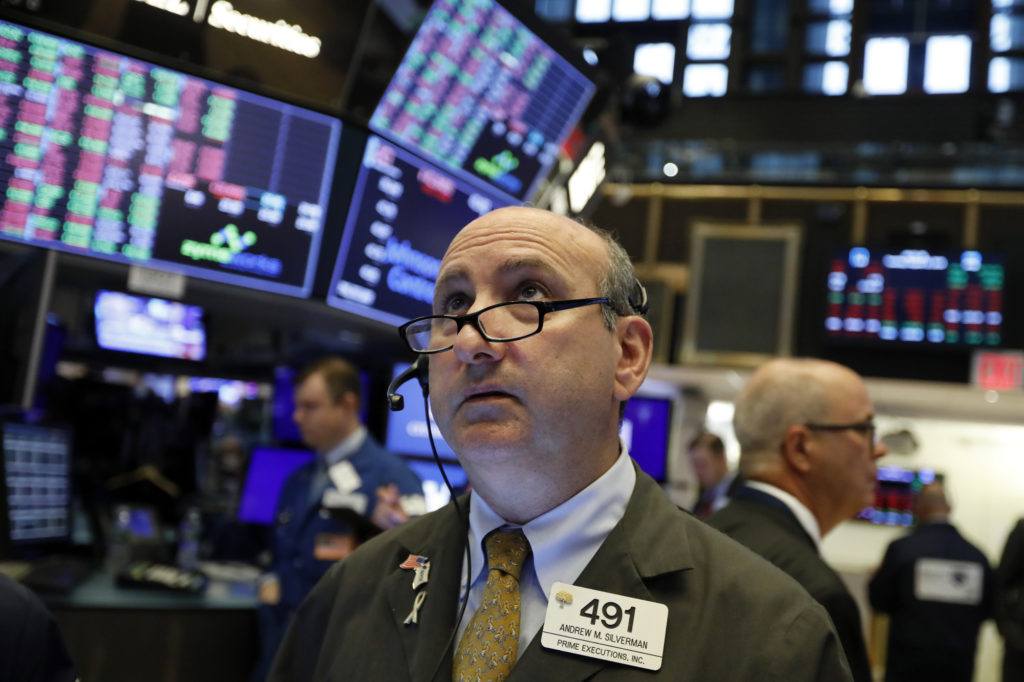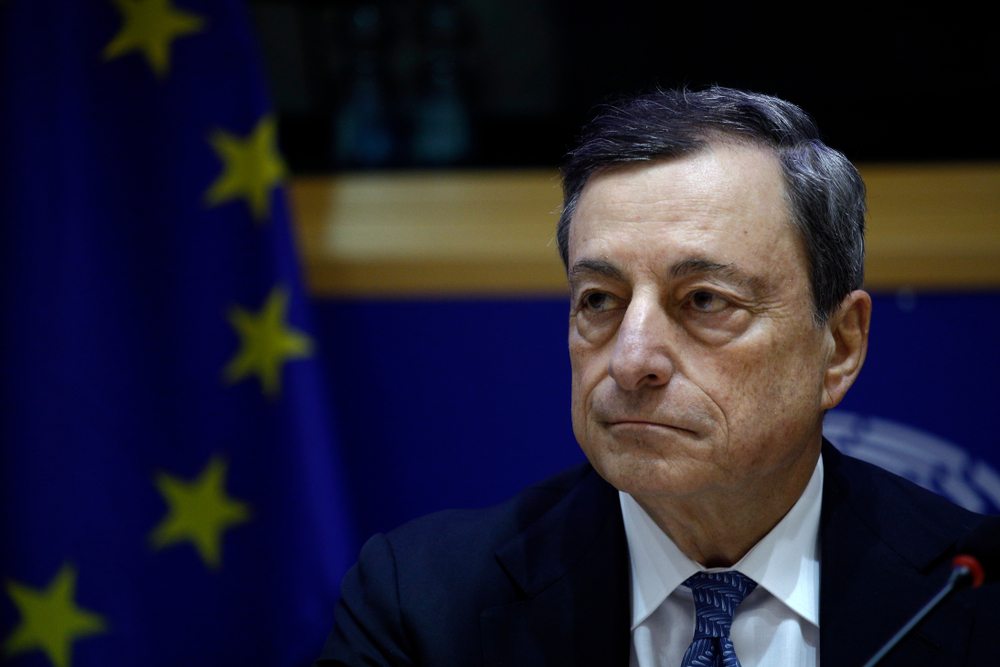Dow Futures Strong as Bulls’ Takeover Quashes Recession Fears

The Dow is on a winning streak amid renewed trade optimism. | Source: AP Photo/Richard Drew
The Dow Jones is expected to open with a slight 18-point drop decline based on the Dow futures, still remaining above 26,800 points in what has been a strong recovery period for the U.S. stock market.
Amidst optimism around the next round of trade talks, trade yields have dropped, indicating that more investors have become comfortable in re-entering the stock market and the Dow Jones.
Up until last week, strategists expressed fears over the possibility of the yield of the 10-year Treasury note dropping sub-zero following trends in other major economies like Germany and Japan, triggering fears of a potential recession.
“We could see zero. The probability is increasing, particularly as we drop so rapidly,” Janus Henderson global bonds co-head Nick Maroutsos said earlier this month.
The yield of the Treasury note has rebounded by 1.634 percent after climbing 8 basis points, contributing to the improving sentiment around the Dow Jones.
Why strategists say recession is unlikely after Dow Jones rally
According to Lou Crandall, Wrightson ICAP’s chief economist, a global recession or a U.S. recession is not likely to occur in the next year or two.
Citing the lack of inventory overhang and favorable monetary policy, he said :
“Recessions are always hard to predict. I think we’ll continue to take risks on trade and push us over the edge.”
Crandall added that the U.S. equities market and the Dow Jones could have a solid year based on the progress of the trade talks. If the Federal Reserve continues to adapt to to rising geopolitical risks without tightening the monetary policy, strategists generally expect the momentum of the U.S. economy to be sustained.
Similarly, Art Hogan, the chief market strategist at National Securities, told CNBC that the U.S stock market and the Dow Jones could stay at the current level as long as the Trump administration does not abruptly change the course of the trade talks in the short term.
He stated :
“It seems like the tone on trade has gotten better. That’s the biggest driver. As long as we don’t have another tweetstorm around trade, I think the market can stay in the upper end of this range,” .
Technical analysts said that apart from the progress in the trade talks which have removed some of the pressure on the Dow Jones, the technicals of the market have started to show signs of improvements.
Will eurozone’s fresh stimulus package impact the US stock market
In September, analysts expect Mario Draghi, the president of the European Central Bank, to introduce a new package of stimulus to improve the current state of the eurozone economy.

Katharina Utermöhl, senior European economist at Allianz, said that based on the previous remarks made by the ECB, a “big package” is likely being prepared and the inability to deliver strong stimuli at this phase of the market could spell disaster for the economy.
She stated :
“To take a step back now would be a communications disaster. The hawkish remarks from some central bank governors only confirm to me that a big package is coming.”
With the ECB under pressure to offer new stimuli, the Federal Reserve could also explore the possibility of easing monetary policies by the year’s end based on the progress of trade.